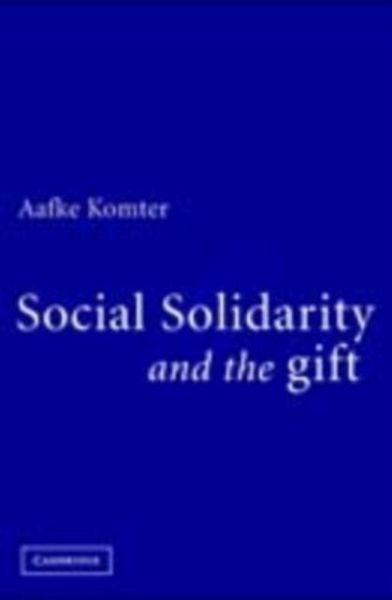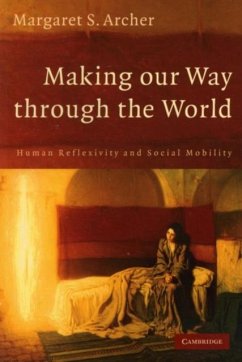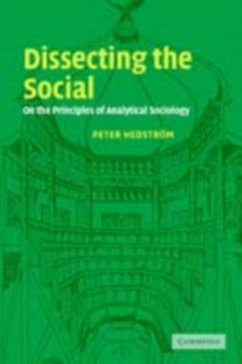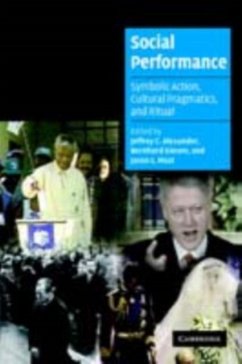
Social Solidarity and the Gift (eBook, PDF)
Versandkostenfrei!
Sofort per Download lieferbar
29,95 €
inkl. MwSt.
Weitere Ausgaben:

PAYBACK Punkte
15 °P sammeln!
This book brings together two traditions of thinking about social ties: sociological theory on solidarity and anthropological theory on gift exchange. The purpose of the book is to explore both how theoretical traditions may complete and enrich each other, and how they may illuminate transformations in solidarity. The main argument, supported by empirical illustrations, is that a theory of solidarity should incorporate some of the core insights from anthropological gift theory. The book presents a theoretical model covering both positive and negative - selective and excluding - aspects and con...
This book brings together two traditions of thinking about social ties: sociological theory on solidarity and anthropological theory on gift exchange. The purpose of the book is to explore both how theoretical traditions may complete and enrich each other, and how they may illuminate transformations in solidarity. The main argument, supported by empirical illustrations, is that a theory of solidarity should incorporate some of the core insights from anthropological gift theory. The book presents a theoretical model covering both positive and negative - selective and excluding - aspects and consequences of solidarity. It is concluded that over the past century solidarity has undergone a fundamental transformation, from Durkheim's 'organic' solidarity to a type of solidarity which can be called 'segmented': separate, autonomous social segments connecting with other segments, no longer out of necessity and mutual dependency but on the basis of individual choice. Solidarity has, thereby, become more noncomittal.
Dieser Download kann aus rechtlichen Gründen nur mit Rechnungsadresse in A, B, BG, CY, CZ, D, DK, EW, E, FIN, F, GR, HR, H, IRL, I, LT, L, LR, M, NL, PL, P, R, S, SLO, SK ausgeliefert werden.













